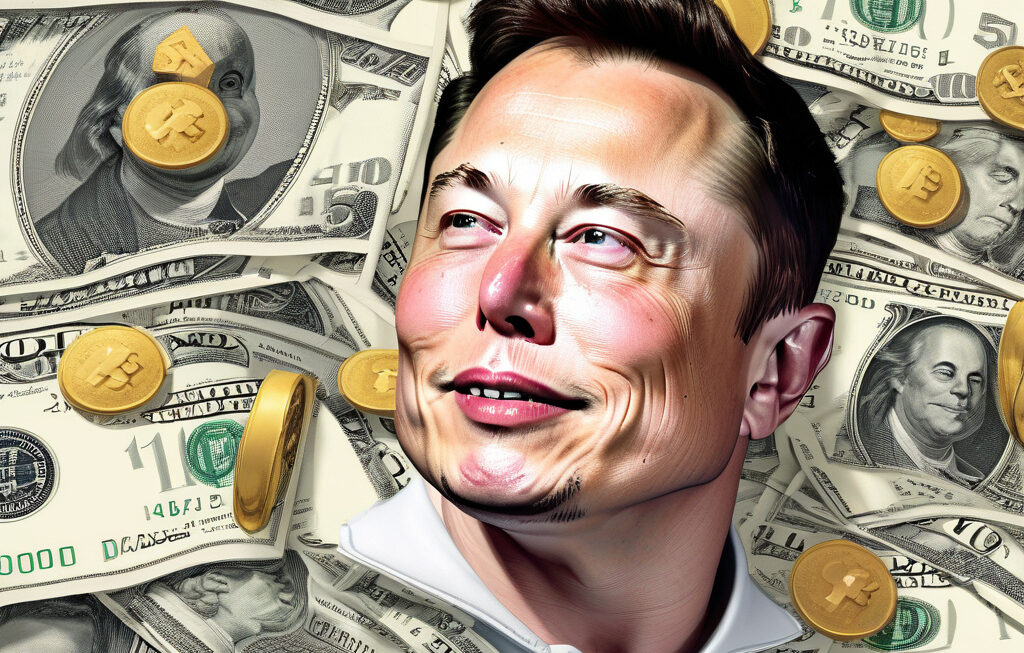Samsung’s $16.5B Tesla Chip Deal Sparks Optimism but Execution Remains Crucial
Samsung Electronics recently made headlines with a game-changing $16.5 billion deal to supply AI chips to Tesla, marking a significant step forward for the tech giant. This partnership has sparked optimism among investors and industry experts, who see it as a strategic move that could potentially revitalize Samsung’s contract manufacturing business. However, despite the initial excitement surrounding the deal, the key to long-term success lies in the company’s execution strategy.
The news of the Tesla chip deal sent Samsung’s shares soaring, reflecting the market’s positive reaction to the collaboration. The agreement not only signifies Samsung’s prowess in semiconductor manufacturing but also highlights its commitment to innovation and cutting-edge technology. By supplying AI chips to Tesla, Samsung has positioned itself as a key player in the rapidly growing electric vehicle market, further diversifying its portfolio and solidifying its reputation as a leader in the industry.
While the deal with Tesla holds great promise for Samsung, the company still faces challenges in maintaining its momentum and capitalizing on this opportunity. One of the primary hurdles is the fierce competition from rivals such as TSMC and SK Hynix, who are also vying for a larger share of the semiconductor market. To stay ahead of the game, Samsung will need to focus on differentiating its offerings, enhancing its manufacturing capabilities, and strengthening its relationships with key partners like Tesla.
Another critical factor that will determine the success of Samsung’s partnership with Tesla is its ability to secure additional customers in the AI chip segment. While the collaboration with Tesla is undoubtedly a significant win for Samsung, the company must work towards building a robust pipeline of clients to sustain its growth in the long run. This will require a strategic approach to business development, proactive marketing efforts, and a relentless focus on delivering value to customers.
Moreover, Samsung must prioritize operational excellence and efficiency to meet the high demand for AI chips in a timely manner. With the global semiconductor shortage showing no signs of abating, the pressure is on for Samsung to ramp up production and scale its operations effectively. Any hiccups in the manufacturing process or supply chain disruptions could impact the company’s reputation and erode customer trust, ultimately jeopardizing its long-term success.
In conclusion, Samsung’s $16.5 billion deal with Tesla has injected a new sense of optimism and excitement into the company’s prospects. However, the road ahead is fraught with challenges, and the key to unlocking the full potential of this partnership lies in Samsung’s ability to execute flawlessly. By prioritizing innovation, differentiation, customer acquisition, and operational efficiency, Samsung can leverage the Tesla chip deal to propel its contract manufacturing business to new heights and solidify its position as a global leader in the semiconductor industry.
#Samsung, #Tesla, #AIchips, #Semiconductor, #ContractManufacturing











